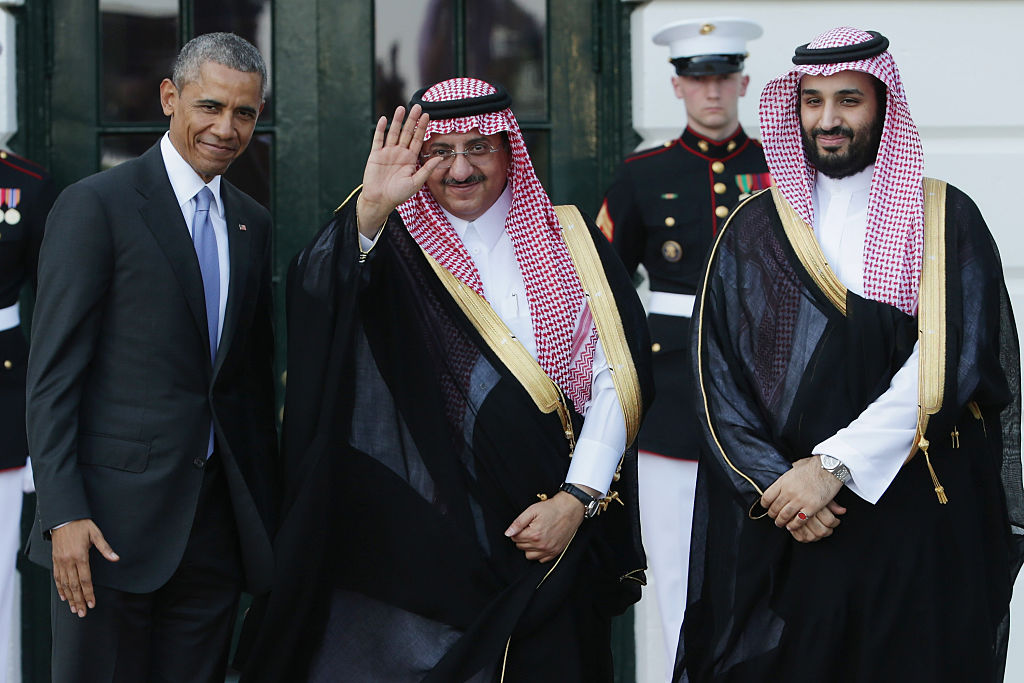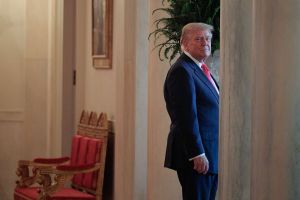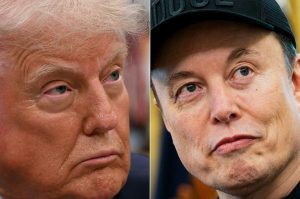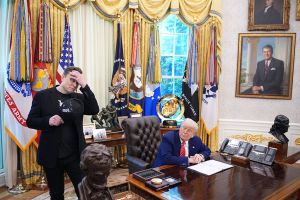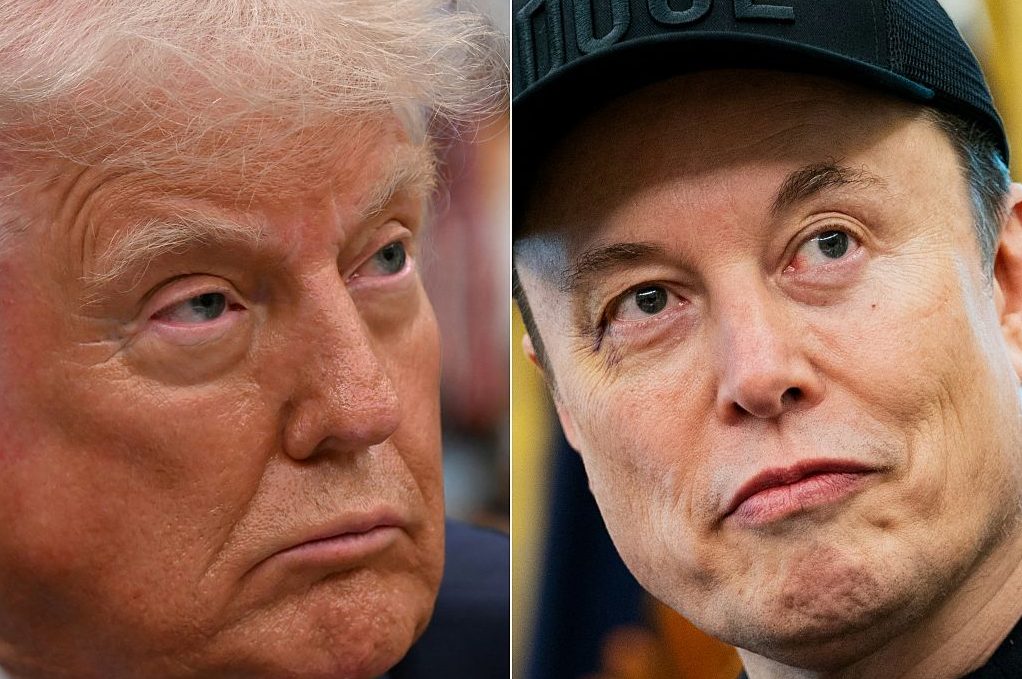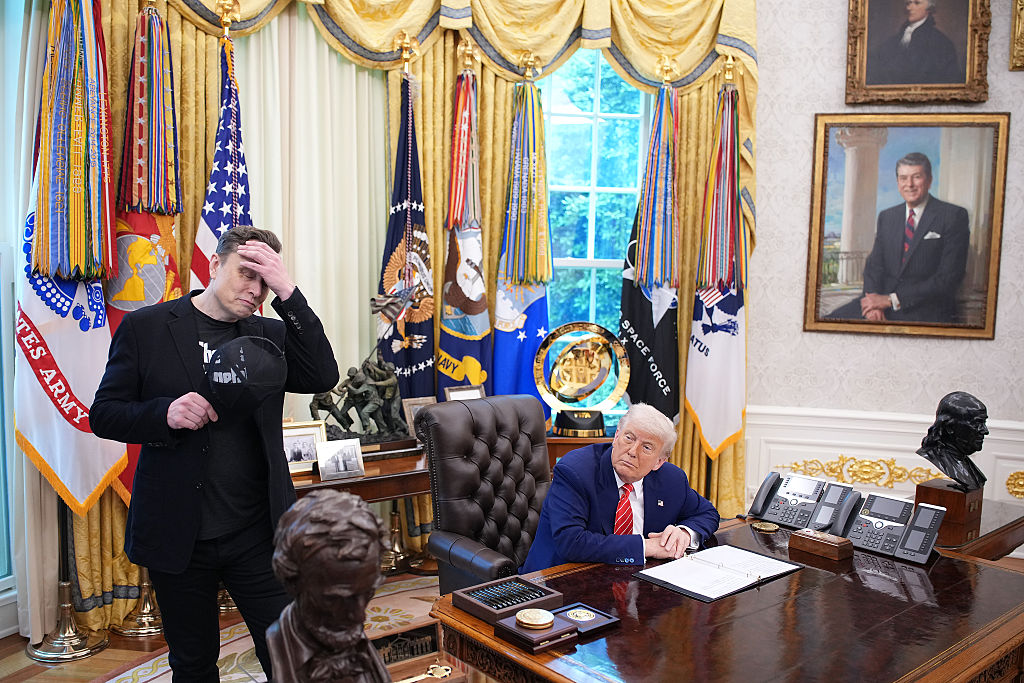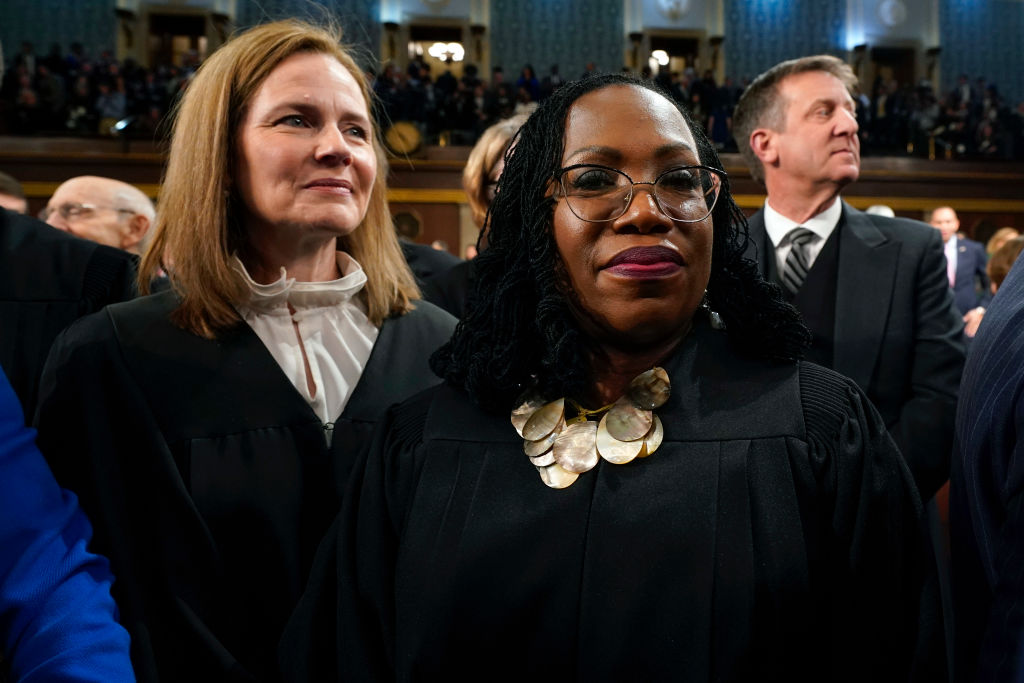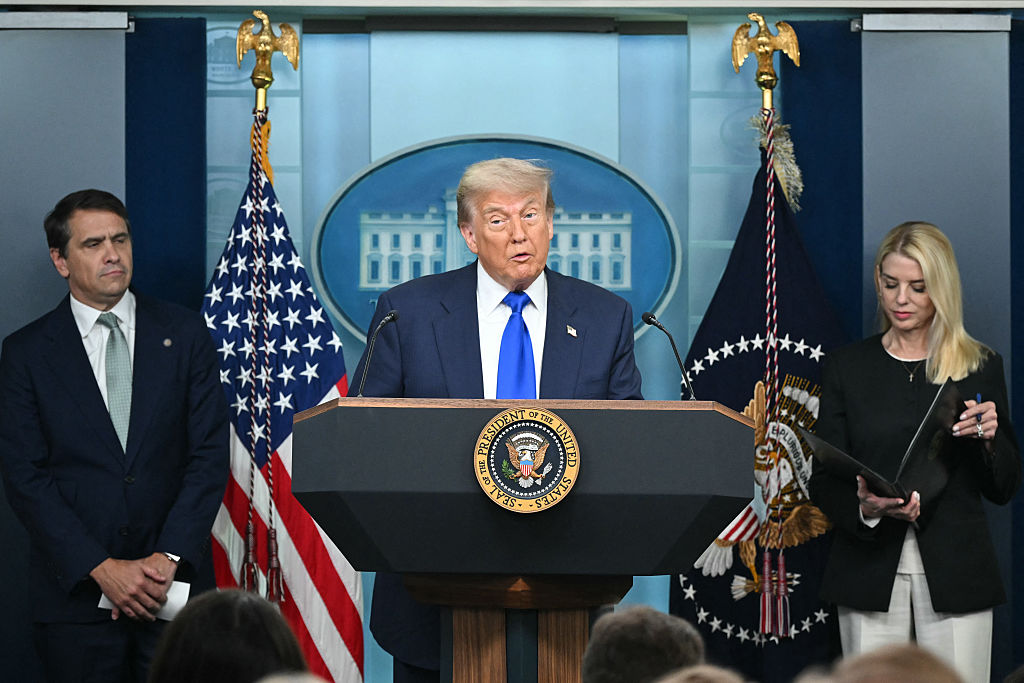Something strange, but miraculous, is happening in Yemen right now: no bombs are falling from the sky.
According to the Yemen Data Project, an independent group keeping track of the violence in the Arab world’s poorest country, there hasn’t been a single Saudi coalition airstrike over the last week. This is the first time since Yemen’s civil-turned-proxy war began that an airstrike hasn’t been recorded, an unprecedented and welcome development for the millions of Yemenis who have lost so much as their rich Saudi neighbors seek to drive the Houthi-led rebel movement to the negotiating table.
The lull in hostilities, at least from the air, is a product of a hard-fought truce orchestrated by UN Special Envoy Hans Grundberg, the man who holds the thankless task of bringing the exiled Yemeni government, the Saudi-led military coalition, the Houthis, and every other Yemeni group in between into the same room to strike a peace settlement ending the country’s seven years of hell.
The truce, set to last for two months with the possibility of a two-month extension, is aimed less at ending the war in its entirety than at creating an environment for serious diplomacy. All air and ground operations are to stop, eighteen fuel ships are allowed entry into the Houthi-controlled port of Hodeida to alleviate some of Yemen’s dire energy shortages, and two commercial flights per week are permitted into Sanaa International Airport from Egypt and Jordan. The combatants will also meet with the special envoy to agree on opening key roads across the country to allow the movement of civilians. On April 11, Grundberg traveled to Yemen to shore up the two-month truce with the Houthis, a group that has linked the start of peace talks to the end of Saudi Arabia’s blockade of the country.
Will the truce stick? That’s the immediate question Yemenis are asking themselves, and you can forgive them if they have doubts. This hasn’t been the only attempt to stop the fighting; ceasefires in 2015, 2016, 2017, 2018, and 2020 quickly fell apart, were time-stamped, or were negatively impacted by other promises, like the opening of ports to humanitarian aid, that went unimplemented.
The Yemeni people have heard endless officials preach about the desire for peace, only to wake up the next morning to find those same officials justifying further military operations. That the current truce is alive and kicking after a week, despite complaints about violations on the ground, is in itself a significant victory and perhaps an indication that the parties are beginning to understand the futility of a military solution.
Conversely, the current break could be a momentary period in which fighters use the time to hold their positions, rest, and reset before resuming operations at their earliest convenience. The truth is that it would be wise for everyone to err on the side of extreme caution given past experience.
There is plenty we don’t know about this latest peacemaking attempt in Yemen. But there are some things we can say with certainty. The most obvious is that for Saudi Arabia, Yemen is nothing short of a debacle of epic proportions. For Saudi Crown Prince Mohammed Bin Salman, it’s a personal embarrassment. It was Prince Mohammed, after all, who was the main cheerleader for the kingdom’s military misadventure in Yemen, which the Saudis told US officials would be over in a matter of weeks after airstrikes quickly destroyed the Houthi-led administration and drove fighters out of Yemen’s northern cities.
Yet today the Houthis are nowhere near making a beeline back to their strongholds; in fact, after seven years of bombardment, the organization is arguably more powerful today than ever before. The Yemeni government, meanwhile, is less a sovereign entity than a puppet living on Saudi handouts. Riyadh’s war was begun in part to prevent Iran from establishing a strategic relationship with the Houthis in Saudi Arabia’s backyard, yet the war has only solidified that relationship. The Saudis want a way out but seem trapped in a malaise of their own making.
Second, Yemen’s war is a fitting warning of how poor decision-making on the part of the United States can compound a humanitarian nightmare. Washington decided to assist the Saudi-led coalition with military, logistical, and diplomatic support not because there was some core US security interest at stake but because the Obama administration was seeking to reassure its partners in the Gulf as it concluded a nuclear deal with Iran. President Obama essentially allowed Riyadh to commandeer US policy in Yemen, and President Donald Trump, for all his differences with the man he succeeded, doubled down on the mistake. One former American official described the entire affair as the equivalent of “getting into a car with a drunk driver” — hardly an example of logic and reason. The US continues to nurse the wounds from that car crash seven years later.
One can only hope the last week of relative peace in Yemen is the prelude to a conflict-ending settlement. But peace will only happen once the main players conclude they have more to gain from diplomacy than from war. If the US wants to help Yemen, it ought to get out of the way and let the United Nations lead the effort.



